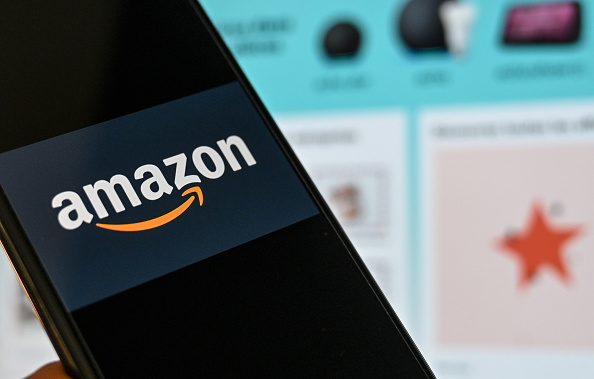Consumer trust is an unpurchasable asset; meaning that the actions and activities of companies directly influence how the general public perceive them and ultimately engage with their brands. Trust has always played an integral role in the UK economy, however, a plethora of detrimental events within key UK industries across the last decade have created the necessity for changes in corporate strategy. It is now a compulsory requirement for firms to prioritise and use consumer trust as one of their main corporate strategies if they wish to succeed within the UK’s highly competitive and saturated markets. The advocated use of consumer forums and review sites have made consumer opinions on companies easily accessible; demonstrating the transformation of the ‘typical customer’ from simple product and service purchasers to influential brand ambassadors.
KPMG expresses the idea that ‘consumer trust rivals growth and expansion as key concerns for industry executives’. This statement is pertinent to corporate Britain, as once trust is lost, it becomes even more difficult for businesses to regain the loyalty of the public. What now exists is a growing level of consumer scepticism and wariness about trusting certain industries as events such as the financial crisis, horsemeat scandal and controversial bankers’ bonuses have all left consumers with no other choice but to doubt British business. To this day, people still remain sceptical about trusting the stated intentions of companies which make customer trust the central driving force of their operations. This level of doubt has highlighted the growing need for UK businesses to reform and become more customer focused. Interestingly, a Gartner survey revealed that ‘89 per cent of businesses surveyed believe that customer experience will be their primary basis for competition by 2016’ which exhibits the idea that change has already begun.
Flavourly and TravelBird UK are examples of companies that have not only disrupted their own respective markets with new and innovative ideas but have also placed a strong customer-orientation focus at the forefront of their business models. These companies have answered to customer demands and have been rewarded with increased growth, sales and investment as a result.
Flavourly, a start-up that delivers personalised selections of fine food and craft beer to its subscribers aims at restoring food industry faith through a strong customer focus. With the memories of the horsemeat scandal still very much existent in consumer minds, there is a need to rebuild consumer confidence and loyalty within this key sector. Founder Ryan O’Rorke, explains the importance of a customer-orientated culture for Flavourly: ’Customer focus is at the core of everything we do. We analyse customer data very closely to match them only to the products they will love to receive and therefore enhancing their experience with Flavourly.
‘In business your customer is king, and without them you don’t have a business so its imperative you put them at the forefront of everything you do as a team.’
This strategy has been extremely successful for Flavourly; having shipped over 500,000 products to date with 500 per cent year-on-year growth since 2012. Having also raised investment of over £300,000, the future looks extremely promising for Flavourly.
Sylke Riester, country manager of TravelBird UK expresses the key importance of a strong customer focus for the company. ‘The customer is king: a traditional motto which barely scratches the surface when trying to describe how we work at travelbird.co.uk. We offer holidays that we, Birdies, would go on ourselves or would recommend to our closest friends and family. A happy customer simply isn’t enough for us, we aim to turn our travellers into raving fans!’
The online travel start-up offers its customers a selection of unique experiences and inspiring holiday destinations each and every day. This strong customer focus aims at bringing the enjoyment back into travel whilst reducing the stress of booking a holiday and owes its success to the simple idea that travel is a joyful ride. This strategy has certainly worked with over 2.5 million bookings since 2010 and is currently sending 12,000 travellers all over the globe, recording a turnover generation of around £68 million in 2014.
As previously mentioned, the events of the last ten years have left many UK industries with low consumer confidence. These circumstances have all advocated the need for businesses to reform and be more customer focused, recognising the customer as an important element for having a differentiated brand.
The use of ‘customer is king’ in both provided statements is no matter of coincidence but more a demonstration of the importance of customers for these businesses as well as for their employees.
The use of the internet, social media and review sites have enabled complaints or praise to spread like wildfire so firms must ensure that they are creating irresistible customer experiences. For startups this strategy may be easier, as these two firms are perfect examples of a customer-orientated culture. However, for existing companies this transformation could require a change in culture which in the long run may be too difficult to implement and maintain.





